Russia denounces as ‘absurd’ attempts to link Moscow with Navalny’s alleged poisoning
Russia has lambasted as “absurd” the attempts made to blame Moscow for the purported poisoning of opposition figure Alexei Navalny, who has been hospitalized in Germany for due treatment.
“Attempts to somehow associate Russia with what happened are unacceptable to us, they are absurd,” Kremlin’s spokesman Dmitry Peskov said during a press conference in the Russian capital on Monday.
The 44-year-old outspoken critic was first transferred to a hospital in the Siberian city of Omsk after collapsing during a domestic flight from the city to Moscow on August 20. His plane had been forced to make an emergency landing due to the sudden deterioration in his health.
Doctors subsequently found no trace of any poison in his blood or tissue samples and said that the deterioration had been caused by a sudden drop of glucose in his blood due to a metabolic imbalance.
However, German Chancellor Angela Merkel was quick to allege that there was “unequivocal evidence” that Navalny had been poisoned with a Soviet-style Novichok nerve agent in an attempt to murder him and that she would consult NATO allies about how to respond.
The opposition figure’s associates, for their parts, also claim that the purported use of Novichok, a military-grade nerve agent, allegedly shows that only Moscow could be responsible.
The Russian government has fiercely denied any involvement in the so-called “poisoning” case, warning other countries against jumping to conclusions without knowing the full facts.
Regarding the “presumptuous comments” that Novichok had been solely developed in Russia, the Russian Foreign Ministry also said in a statement on Saturday that “for many years, specialists in many Western countries and in the specialized structures of NATO have worked with this wide ranging group of chemical components.”
Russian officials have also accused Berlin of being slow to share the findings of its probe into the case despite a request from the Russian Prosecutor-General’s Office, which has already requested Navalny’s medical record from the German hospital for a comparative study.
“We expect information (from Germany) to be provided in the coming days,” Peskov further said during the presser on Monday, stressing, “We are looking forward to it.”
To further compound the growing tension between Berlin and Moscow, German Foreign Minister Heiko Maas said a day earlier that Berlin, which holds the rotating presidency of the European Union (EU), would also discuss possible sanctions against Moscow if the Kremlin did not soon provide an explanation for what happened to the opposition figure.
If Russians did not give the required explanation, Germany would be compelled to “discuss a response with our allies” including “targeted” sanctions, the top German diplomat threatened.
Mass at the time even did not rule out measures impacting the Nord Stream 2, a multi-billion-euro Russian-German gas pipeline, which is in its final phase of completion.
On Monday, Merkel’s spokesman said that she also would not rule out consequences for Nord Stream 2, which goes beneath the Baltic Sea.
The project, criticized by the United States for Germany’s reliance on energy from Russia, is set to double Russian natural gas exports to Germany, Europe’s largest economy.
Separately on Sunday, British Foreign Secretary Dominic Raab echoed the same allegations as Merkel leveled against Moscow, claiming that it was “clear” that Navalny had been poisoned with Novichok.
He further said that Moscow had “a very serious set of questions to answer.”
Navalny, a Yale-educated lawyer, is still in the intensive care unit and remains on a ventilator.
Back in 2018, Novichok was allegedly used in an “attack” against a former Russian double agent and his daughter in Salisbury.
76 years of Nakba: Revisiting the catastrophe of dispossession and occupation
More than half a million displaced in Gaza as Palestinians mark Nakba anniv.
VIDEO | US campus protests for Palestine continue despite mass arrests, brutality
Hamas: Any agreement stopping short of Gaza ceasefire ‘meaningless’
Chabahar is for ‘everyone's benefit’: India downplays US sanctions threat over Iran deal
May 14: ‘Axis of Resistance’ operations against Israeli occupation
Al-Qassam targets 18 vehicles and inflicts casualties on Israeli forces
VIDEO | Press TV’s news headlines





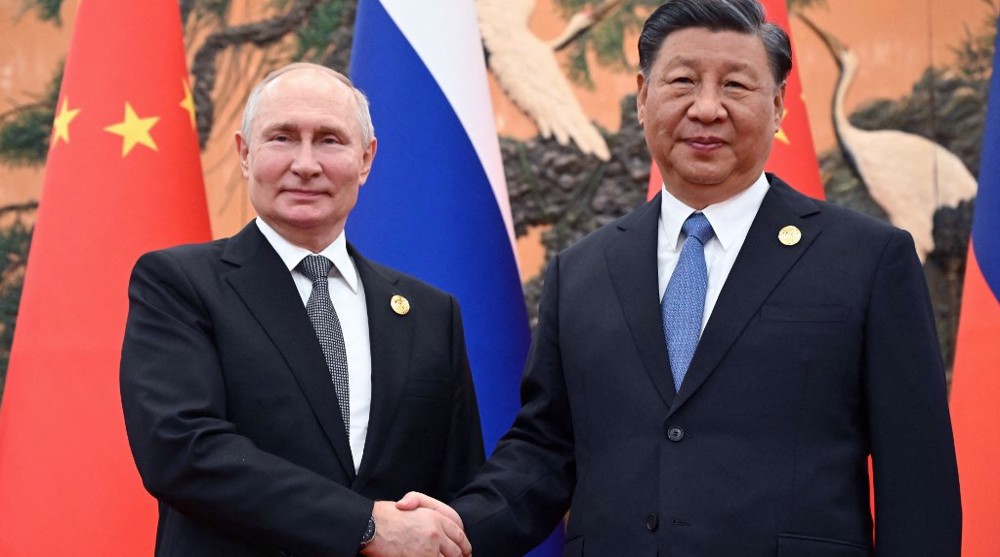
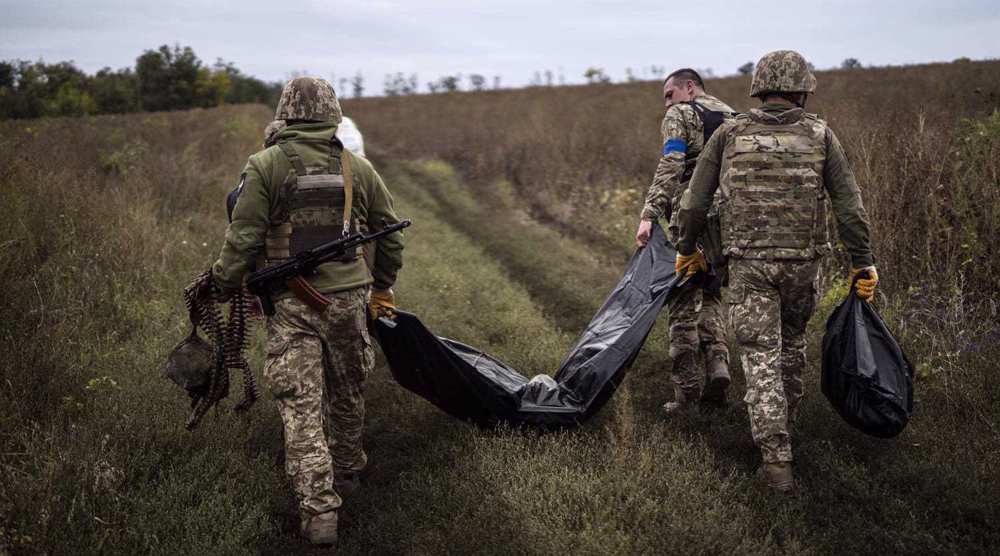
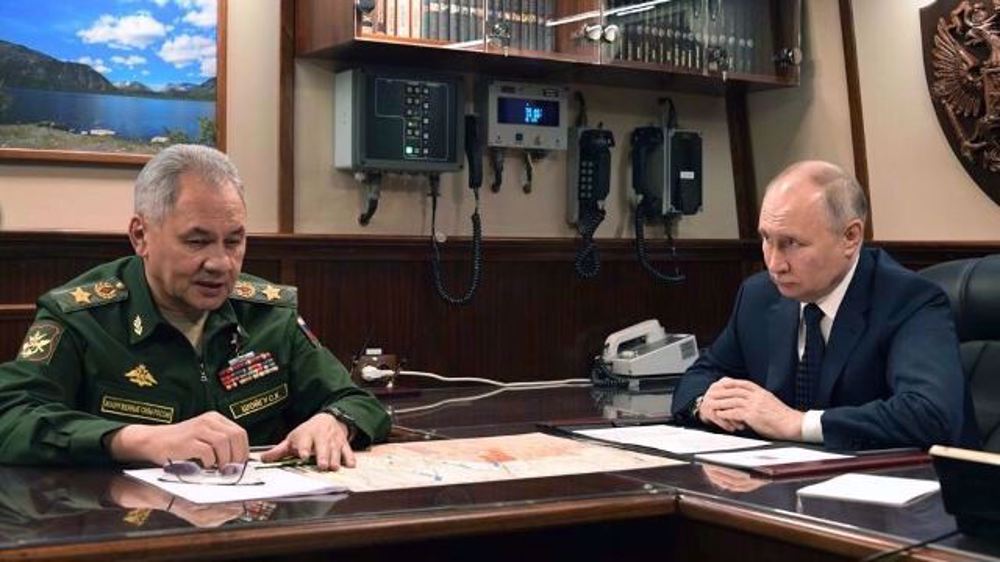



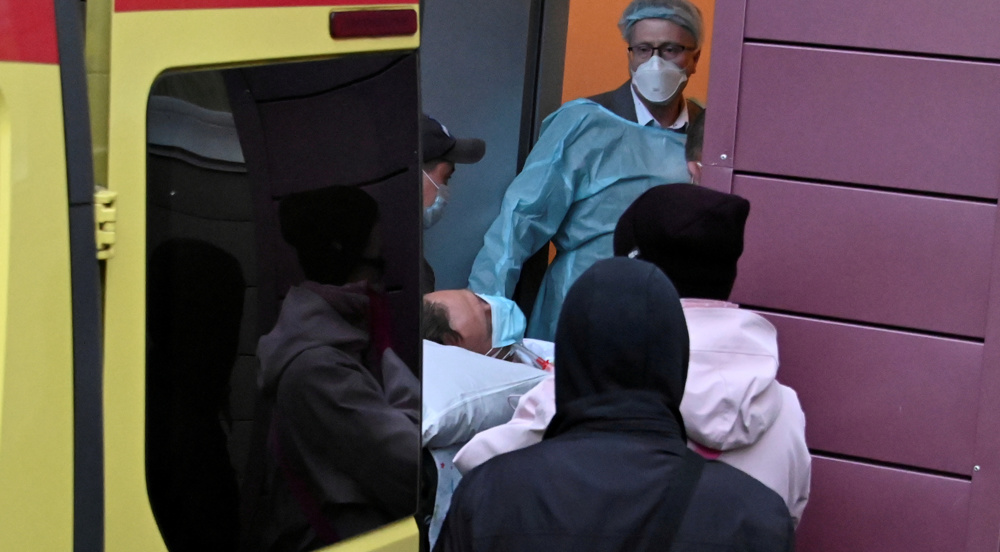

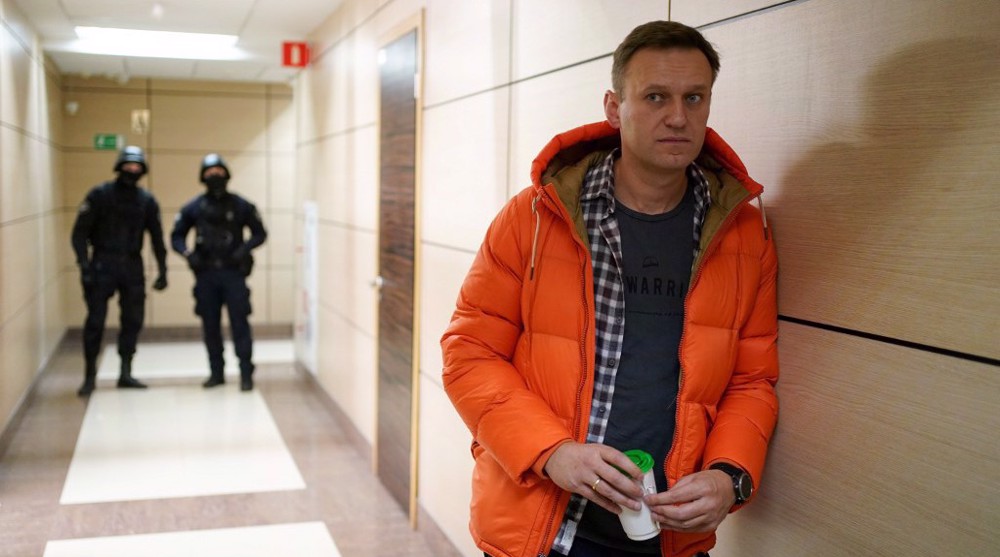
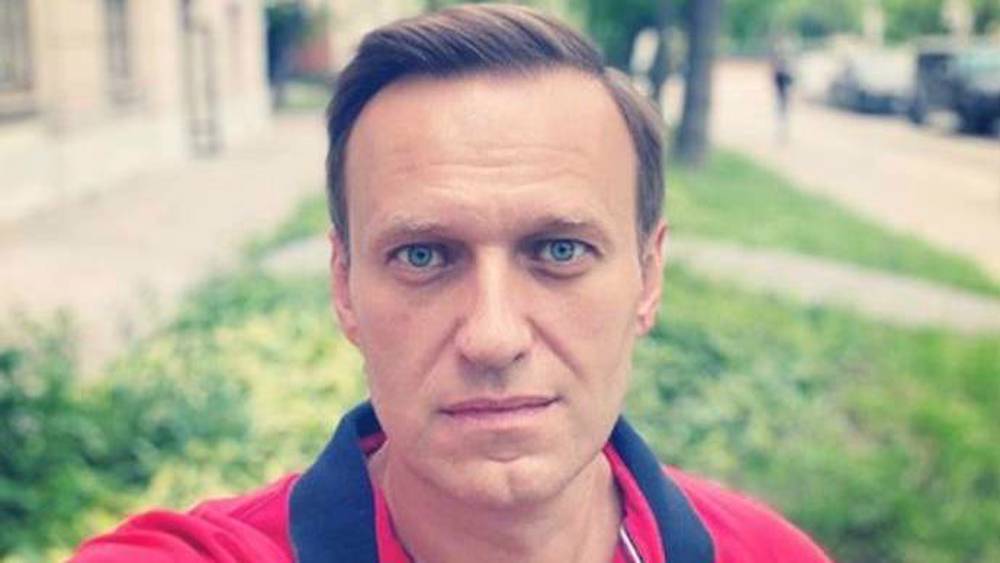

 This makes it easy to access the Press TV website
This makes it easy to access the Press TV website